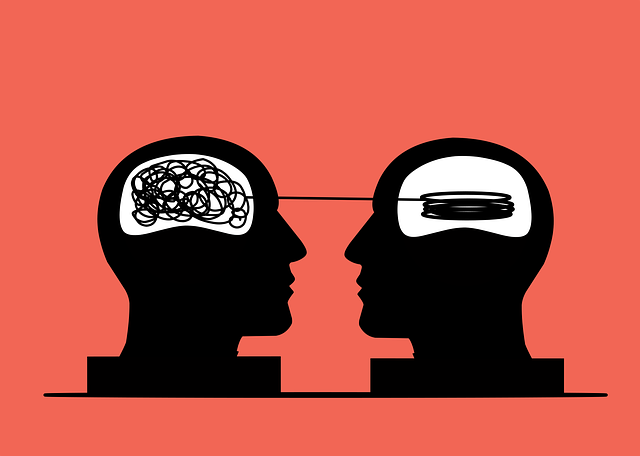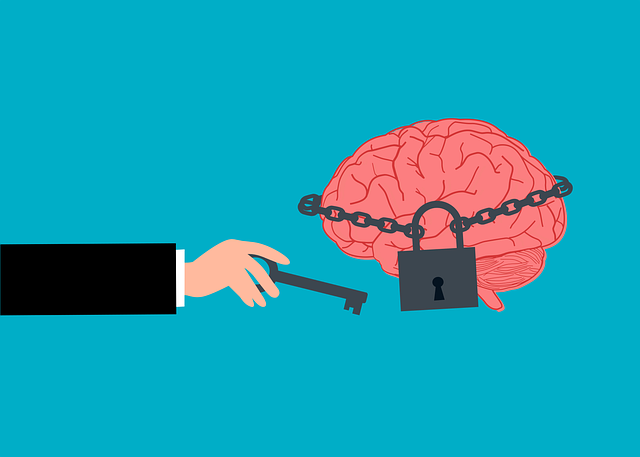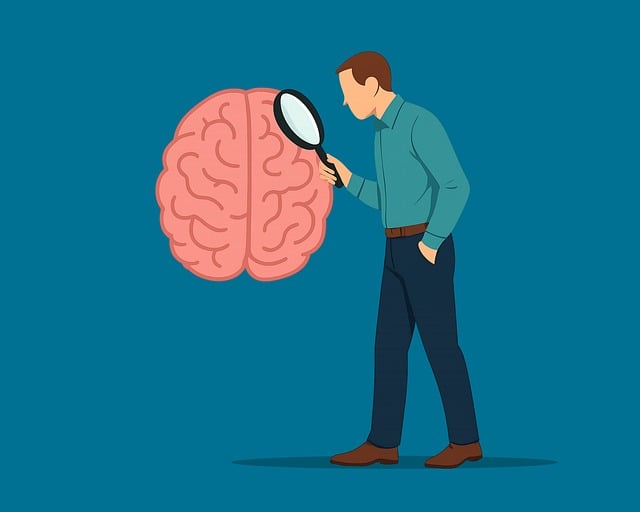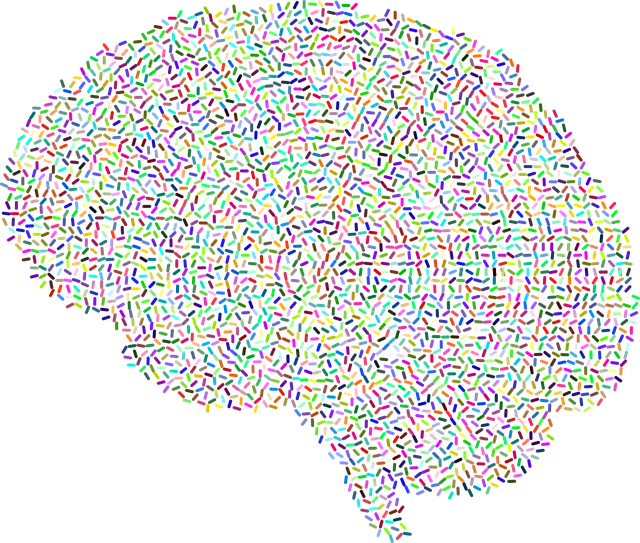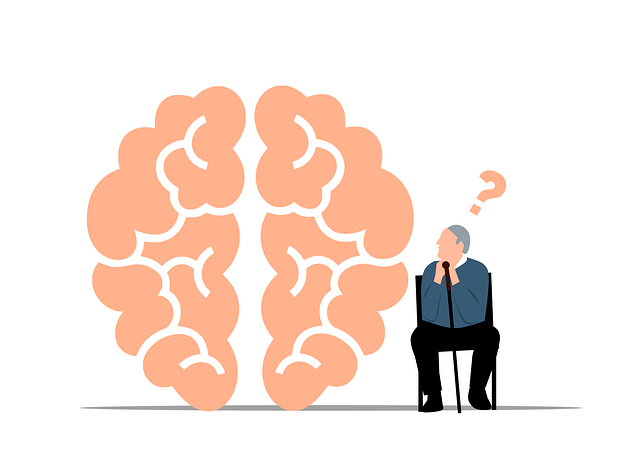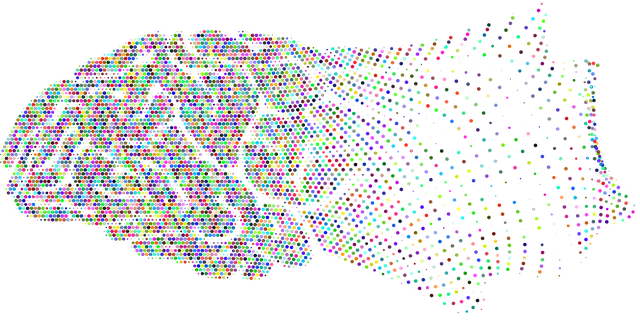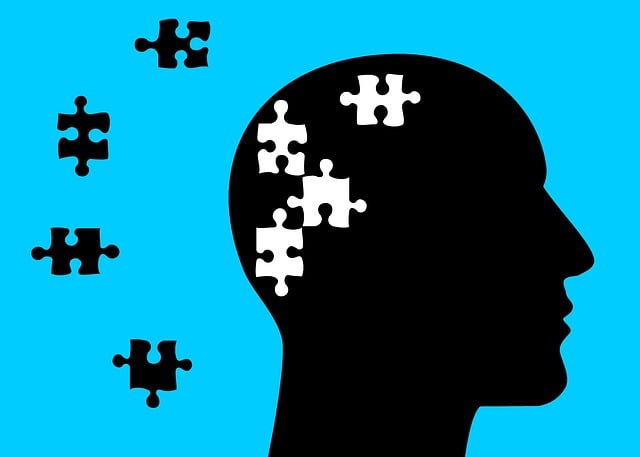Understanding Crisis Intervention for Young Children emphasizes the importance of immediate, targeted strategies, including specialized therapy like Eye Movement Desensitization and Reprocessing (EMDR), to support young minds during crises. Mental health education integrated into school curricula enhances resilience. EMDR-certified therapists use evidence-based techniques to help children process trauma, improve self-esteem, and develop effective coping mechanisms, promoting long-term mental wellness through post-crisis intervention.
In times of crisis, effective intervention strategies are vital for supporting young minds. This comprehensive guide delves into essential practices for certified practitioners, focusing on therapy for young children. We explore the powerful role of EMDR (Eye Movement Desensitization and Reprocessing) in crisis situations, offering practical strategies to enhance well-being post-intervention. From understanding child psychology to implementing evidence-based techniques, this article equips professionals with tools to navigate challenging scenarios, ensuring positive outcomes for young clients.
- Understanding Crisis Intervention for Young Children
- The Role of EMDR Therapy in Crisis Situations
- Practical Strategies for Certified Practitioners
- Supporting Young Minds Post-Crisis Intervention
Understanding Crisis Intervention for Young Children

Understanding Crisis Intervention for Young Children
When a young child faces a crisis, whether it’s a traumatic event or a sudden change in their environment, effective intervention is crucial to support their mental health and well-being. Crisis intervention for young children involves immediate and targeted strategies designed to help them cope with the situation and promote positive thinking. This process often includes therapy for young children that incorporates specialized techniques like Eye Movement Desensitization and Reprocessing (EMDR) Certified methods, which have proven effective in addressing past traumas and fostering resilience.
Mental health education programs design plays a vital role in equipping both children and their caregivers with the knowledge and skills needed to navigate crises. By integrating crisis intervention guidance into educational curricula, schools can create a supportive environment that empowers young individuals to recognize, understand, and manage distressing situations. This holistic approach not only enhances academic performance but also fosters social-emotional development, ensuring that children develop healthy coping mechanisms for life’s challenges.
The Role of EMDR Therapy in Crisis Situations

In crisis intervention, EMDR (Eye Movement Desensitization and Reprocessing) therapy stands out as a powerful tool for young children experiencing traumatic events. This therapeutic approach is specifically tailored to address complex emotional distress, helping children process and overcome distressing memories or experiences. By facilitating the brain’s natural healing process, EMDR certified therapists assist in resolving the symptoms of trauma, such as flashbacks, nightmares, and anxiety.
EMDR therapy encourages positive thinking and mindfulness meditation-like techniques, allowing children to develop a sense of safety and control. Beyond crisis intervention, this method supports self-esteem improvement by empowering young individuals to confront and reframe their traumatic memories. Through specialized eye movements or other bilateral stimulation techniques, EMDR helps children reprocess distressing events, potentially reducing the impact of trauma on their long-term mental health.
Practical Strategies for Certified Practitioners

For certified practitioners specializing in therapy for young children, especially those trained in EMDR (Eye Movement Desensitization and Reprocessing), crisis intervention strategies are invaluable tools. These professionals play a crucial role in fostering mental wellness coaching programs, where they guide young minds through traumatic experiences or acute crises. By integrating evidence-based practices, such as EMDR techniques, practitioners can help children process emotions and memories effectively.
Risk management planning for mental health professionals is essential to ensure safe and competent crisis intervention. Certified therapists are encouraged to stay updated with specialized training, like those focused on Mind Over Matter principles, which promote resilience and coping strategies. These approaches not only support the immediate needs of young clients but also contribute to their long-term mental wellness development.
Supporting Young Minds Post-Crisis Intervention

Post-crisis intervention is a crucial phase in supporting young minds and fostering resilience. When addressing issues that may have traumatic or stressful effects, therapy for young children becomes an essential tool to aid in recovery. EMDR (Eye Movement Desensitization and Reprocessing) Certified therapists play a vital role here, as they are equipped with specialized techniques to help children process their experiences and emotions effectively.
One effective approach involves incorporating self-awareness exercises tailored for young individuals. These exercises encourage children to identify and express their feelings, promoting emotional regulation. Additionally, risk management planning for mental health professionals is imperative to ensure a safe and supportive environment during therapy sessions. By combining EMDR techniques with age-appropriate self-awareness practices, therapists can help young clients navigate through crises and develop healthy coping mechanisms.
Crisis intervention plays a vital role in supporting young minds, and this article has explored effective strategies for practitioners. From understanding crisis situations unique to young children to leveraging powerful tools like EMDR therapy, certified professionals can make a significant impact. By implementing practical techniques discussed here, therapists can help children navigate challenging experiences and foster resilience. Post-crisis support is also crucial, ensuring that young individuals receive the necessary care to recover and thrive. With tailored approaches, therapy for young children can be transformative, empowering them to overcome crises and build a brighter future.

